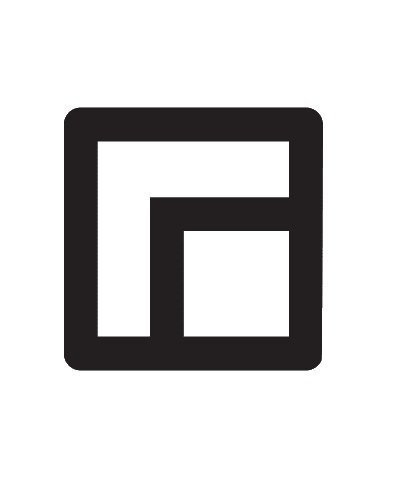arebyte 2021 Programme
Realities
arebyte’s 2021 artistic programme Realities explores various speculative truths (and fictions) present within the complexities of living and nonliving bodies, those who are represented within real-life experiences and encounters and those who are present in avatars and online platforms. Questioning the circumstances surrounding our states of individual and collective being, the programme traverses the myriad ways we conduct ourselves and our behaviours - our emotions and body language, our learned social etiquettes and intimate gestures, and our ability to work and talk together to enforce change - as a way of asserting new forms of experience. The layering, multiplicity and diversity of our collective existence is interrogated in the programme through computational, cultural, political, and other perspectives.
Our supposed reality is in a constant state of flux, and increasingly so when faced with major global transformation. The premise of the global village (with all its inherent systems of community, care, movement of goods and transport) is narrowing physically but expanding digitally, and is not exempt from change; the fundamental structures of our societies are volatile, with each depending on the other in times of growth and subsequent decline. We are facing a new reality which is yet to be fully unveiled to us - A New Normal - parts of which we negotiate through endless speculations on the one hand, and through scientific knowledge on the other. New (or renewed) markets for technology, science, food and stocks, and the distribution of communication are shifting and now exist via dispersed elements of rationing, multi-platform communications, video conferencing, social distancing, community driven initiatives and the abundance of so-called free voice-video messaging applications.
An important starting point for a discussion surrounding reality begins with Lacan’s definition of real vs. his definition of reality. For Lacan, the real is what is quantifiably / objectively real or true and reality is that which presents itself as real or true. Reality is pure ideology but acts as if it is non-ideological - it covers up and suppresses what is truly real. For example, we are taught that many things (like mental instability) are a fact of life that it is caused by a change in the chemicals within our brains. However, we are not often taught about why these chemical changes might come about: social, political or economical issues contribute to mental illness. In Capitalist Realism, Mark Fisher argues that “all mental illnesses are neurologically instantiated, but this says nothing about their causation... the task of repolitisising mental health is an urgent one.” Mental health is one reality, but the same argument can be made for many other realities faced by groups and individuals the world-over whereby the only viable political economic way to organise a society is through capitalism. The plasticity of capitalism, as taken from Deleuze + Guitarri, makes it a monstrous entity, “capable of metabolising and absorbing anything that comes into contact with it”.[1] In Fredric Jameson’s words, we are fragmented.
In the pre-Covid-19 world, we were haphazardly finding our way through ingrained routines and the mundanities of existence. Personal identity, our personal realities, are an effect of the unification of the past and future with one’s present. The inability to unify these passages of time, especially in times of stress or routine mundanity, reduces us to being an experience of pure material signifiers, unrelated markers of gesture, object, form (a facial expression, words on a page, an image etc). This dislocation of our bodies situated firmly on solid ground exacerbated our fears for the uncertainty of the United Kingdom and Europe; frustration at austerity motivated funding cuts in our National Health Service; our cultural sector; inherent racism and sexism without our emergency services; and our complex education matrix. In a post-Covid-19 world, we find it difficult to forget the impacts of “social distancing”; what it felt and looked like to have empty streets and empty supermarket shelves from the spread of panic; the acceptance of resigning a set of personal liberties in favour of the greater good; embracing an enforced police state; and the growth of conspiracies. Remembering these thoughts will be implicit in understanding our new reality. We may now be in a position to logically understand our future, but how we respond to these past events - and how we should treat our social systems with more respect, love and care - will be paramount.
Following arebyte’s 2020 programme focused on Systems, the conversations and discussions surrounding 2021 have broadened to challenge how these systems are reflected in the lived-world and our experiences in real-time. The programme embraces an interdependent curatorial approach whereby artists, works, texts, ideas and plans relate to each other on varying levels of abstraction, positioning broader interpretations and methodologies ahead of one, singular narrative. This allows the programme to include artists working at the intersections of everything from explorations into the dark corners of digital making via the “eerie” and “weird” sub-genres, black-trans perspectives presented through designing specific game-world environments, accessibility and inclusion for artists with visible or invisible disabilities via online presentations, and an open-access / DIY events programme.
[1] Fisher, M., 2009, Capitalist Realism. p.6.
